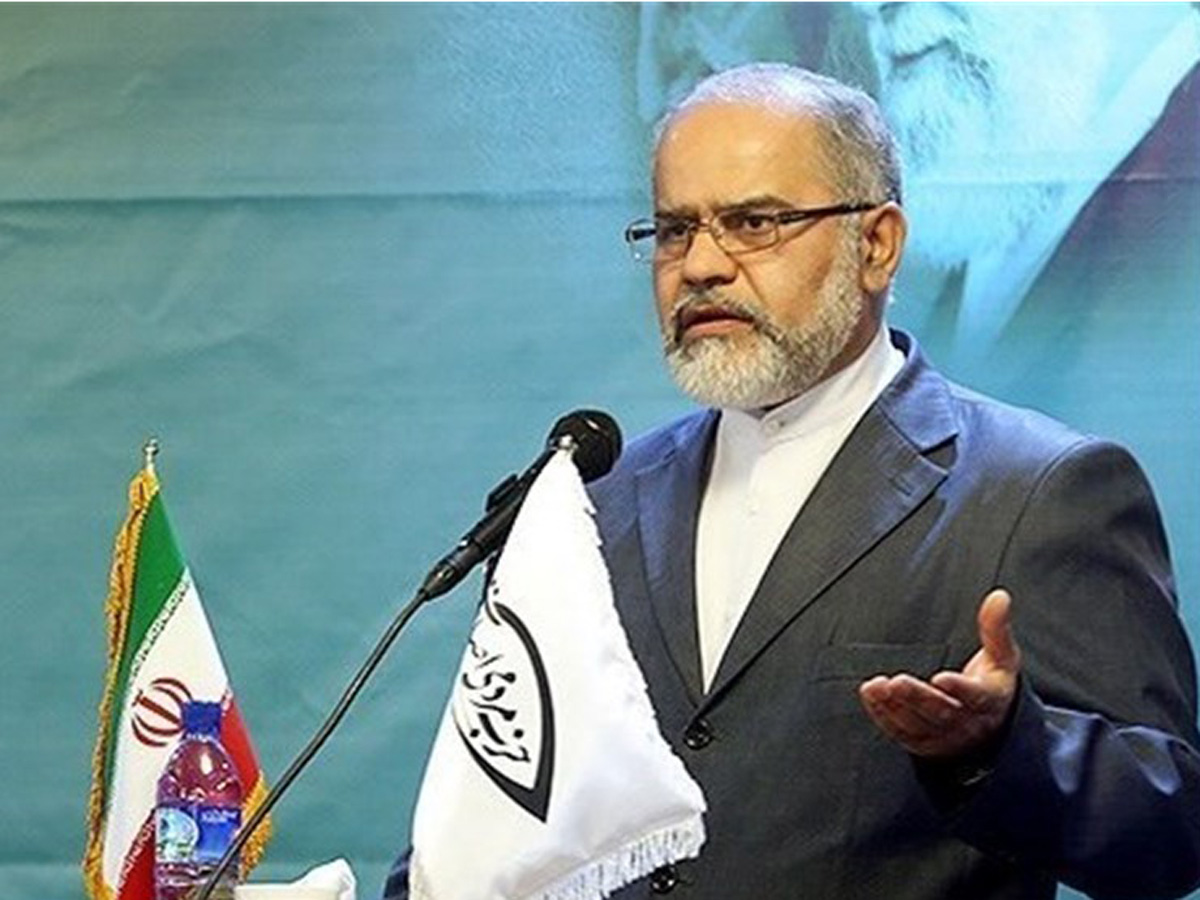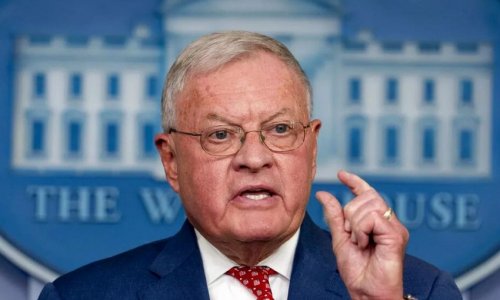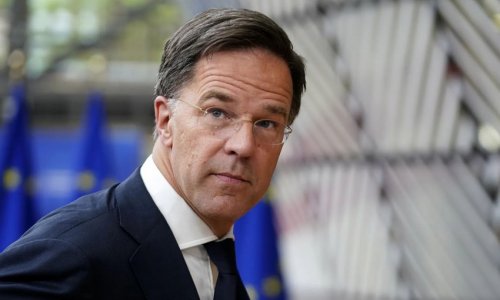Contemporary with ending the next round of nuclear talks, the U.S. Secretary of State John Kerry traveled to Saudi Arabia on March 4 in a bid to ease Gulf Arab states' concerns about an emerging nuclear deal with Iran.
Saeed Yari, the Chief Secretary of the Organization on Iran's National Interest Protection told Trend that the objective of Iran's nuclear program, considering the geostrategic situation of Iran in the Middle East, is absolutely tangible for regional countries, including Saudi Arabia. They know that Iran’s nuclear program is not a threat, but an opportunity.
"However, Israel and the U.S., supported by media, have always referred to Iran as a threat to the region. So, they have spread a wave of Iranophobia, fear of Shiism, and Shiite terrorism among the Arab states in the region.”
"Iran has always tried to build trust. Over recent years, Iran has informed regional countries of results of the nuclear talks with the 5+1 group. In addition to Iran, the U.S., the UK, and other members of the 5+1 group inform regional countries of results of the nuclear talks. So, the visit of John Kerry to Saudi Arabia to outline results of nuclear talks with Iran was natural.”
Kerry will see the new Saudi monarch, King Salman, and meet separately with the foreign ministers of the members of the Gulf Cooperation Council (GCC) - Bahrain, Kuwait, Oman, Qatar, Saudi Arabia and the United Arab Emirates, Al Jazeera reported.
Yari went on to say that the talks were held over the past year in some of the regional countries, including Kazakhstan, Turkey, and Iraq, in order to boost regional confidence.
As the trend of talks shows, the two sides are nearing a final comprehensive deal, which is likely to happen in March or maximum by June. The main reason for delay in the deal is the West’s approach toward lifting Iran sanctions. "Iran wants sanctions to be lifted totally. At least, 95 percent of the sanctions can be lifted promptly. For instance, sanctions imposed by the UN Security Council, the EU, and a major portion of the U.S. sanction can be lifted, but the West does not accept the issue.”
The Chief Secretary of the Organization on Iran's National Interest Protection said that the West is seemingly advocates a win-win theory, but it is changing the balance in favor of itself. And this means that Iran will be a loser.
Referring to the visit of Benjamin Netanyahu to the U.S. and his speeches in opposition with the nuclear talks, he said that his move was a political show, which will are not acceptable in the international level. "The lack of participation of Democrats in Netanyahu’s speech and the attempt of Republicans, who have warmer relations with Israel, to hear Netanyahu’s speech, was totally a promotional move for the next presidential campaign in the U.S.”
According to him, the U.S. nuclear negotiators have taken their decision to reach a deal with Iran. There is just a difference on lifting the sanctions and resolving some other issues, but these all may be settled soon.
ANN.Az
Follow us !











